Search

News & Events
Community bands together to improve lung health of Aboriginal children in East KimberleySeptember marks the three-month milestone of an intensive health promotion campaign in the East Kimberley region, which aims to raise awareness of the dangers of a chronic wet cough in Aboriginal children.

News & Events
Wal-yan Centre scholarship awardees to research interventions for improving lung healthAs part of the Wal-yan Respiratory Research Centre’s aim to support the next generation of scientists in children’s respiratory research, a competitive scholarship program was introduced this year.

News & Events
Five innovative research projects supported by Inspiration Awards 2022Valued at a total of $440,000, the Wal-yan Respiratory Research Centre Inspiration Awards 2022 will support five cutting-edge research projects.

News & Events
Research into innovative treatments for people with asthma and antibiotic resistance supported by Innovation FellowshipsTwo outstanding researchers from the Wal-yan Respiratory Research Centre have been awarded a 2022 Innovation Fellowship supported by the WA Government's Future Health Research and Innovation (FHRI) Fund.
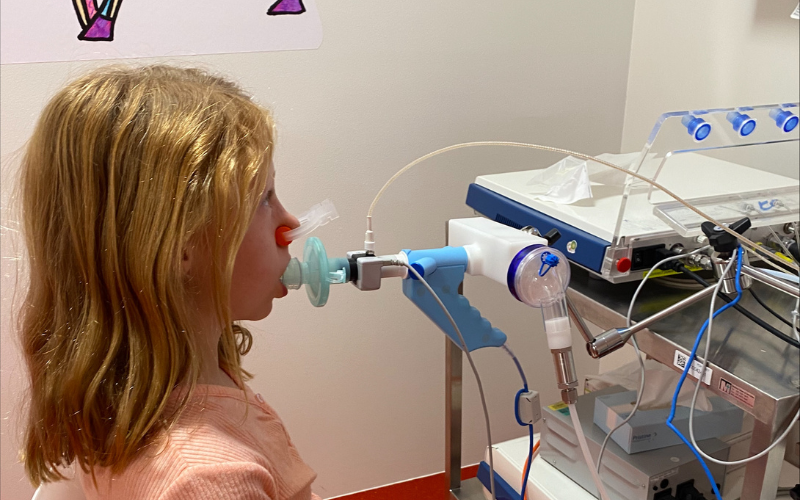
News & Events
New study to better understand how bronchiectasis develops during childhoodA new research project – the WA Paediatric Bronchiectasis Cohort Study – officially commenced this month with the aim of looking at children with bronchiectasis in Western Australia, like nine-year-old Holly (pictured), to better understand how this disease develops during childhood.
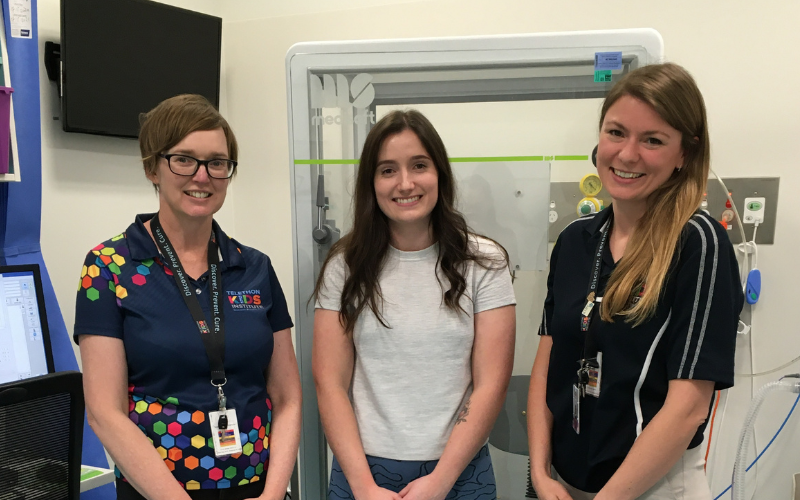
News & Events
New risk factor identified to help predict the long-term lung health of young adults born very pretermA study which set out to determine ways to predict the long-term lung health of young adults born very preterm has shown that a childhood history of respiratory hospital admission should be a key consideration in the management of preterm children and adults.

News & Events
Vertex grant to support research into treatment strategies for cystic fibrosis lung diseaseDr Daniel Laucirica, a research officer with the Wal-yan Respiratory Research Centre, will undertake new research into potential treatment strategies to prevent lung damage in people with cystic fibrosis (CF), under the mentorship of Associate Professor Anthony Kicic - made possible by a Vertex Cyst
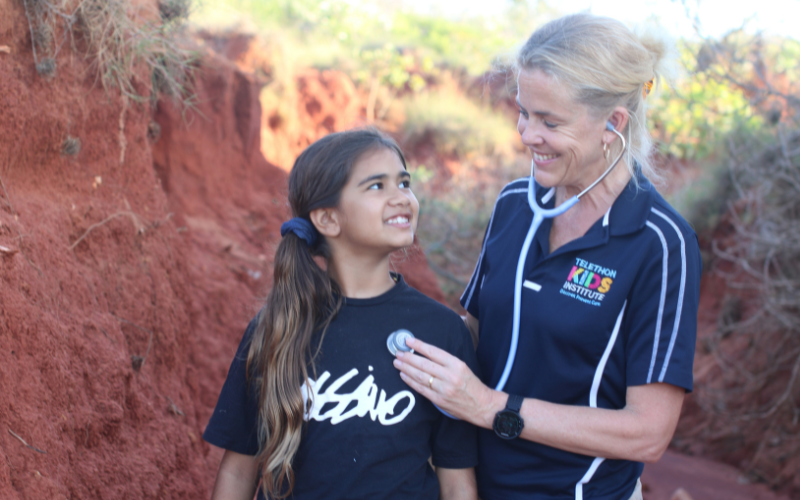
News & Events
New trial aims to nip chronic lung disease in the bud for First Nations kidsWA researchers will use a $1.97 million Medical Research Future Fund grant to develop a strategy for better follow-up of First Nations children after they’ve been hospitalised for respiratory infections, in a bid to halt the slide into more severe lung disease.
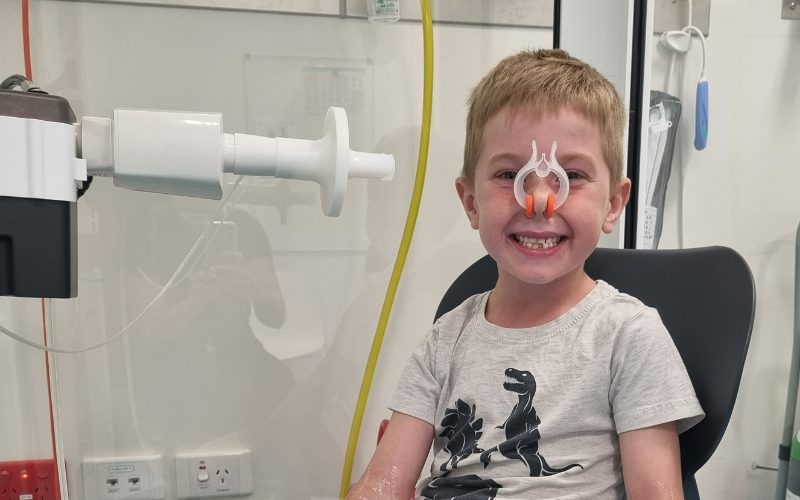
News & Events
New study to determine if it’s safe for children born preterm to attend day careA new study to determine if it’s safe for children who were born preterm to attend day care officially commenced this month.
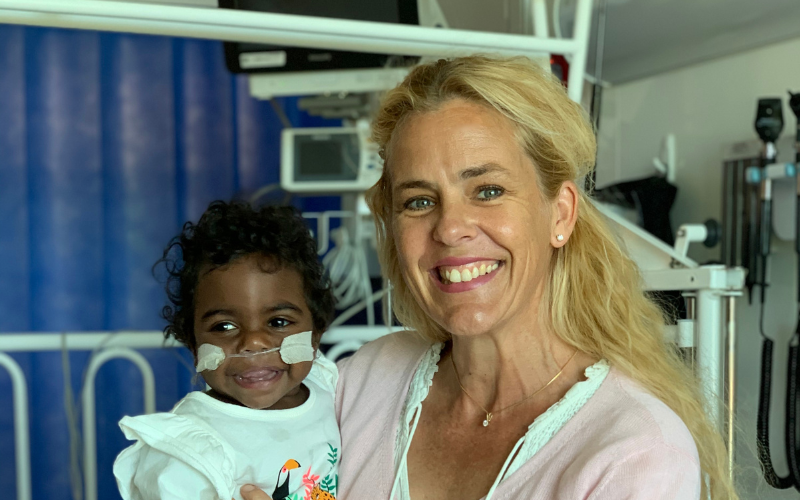
News & Events
Lung health of Aboriginal children hospitalised with chest infections improved following co-designed interventionA co-designed and culturally secure intervention to improve medical follow-up for Aboriginal children hospitalised with acute chest infections resulted in higher follow-up rates and improved longer-term lung health outcomes for children.
